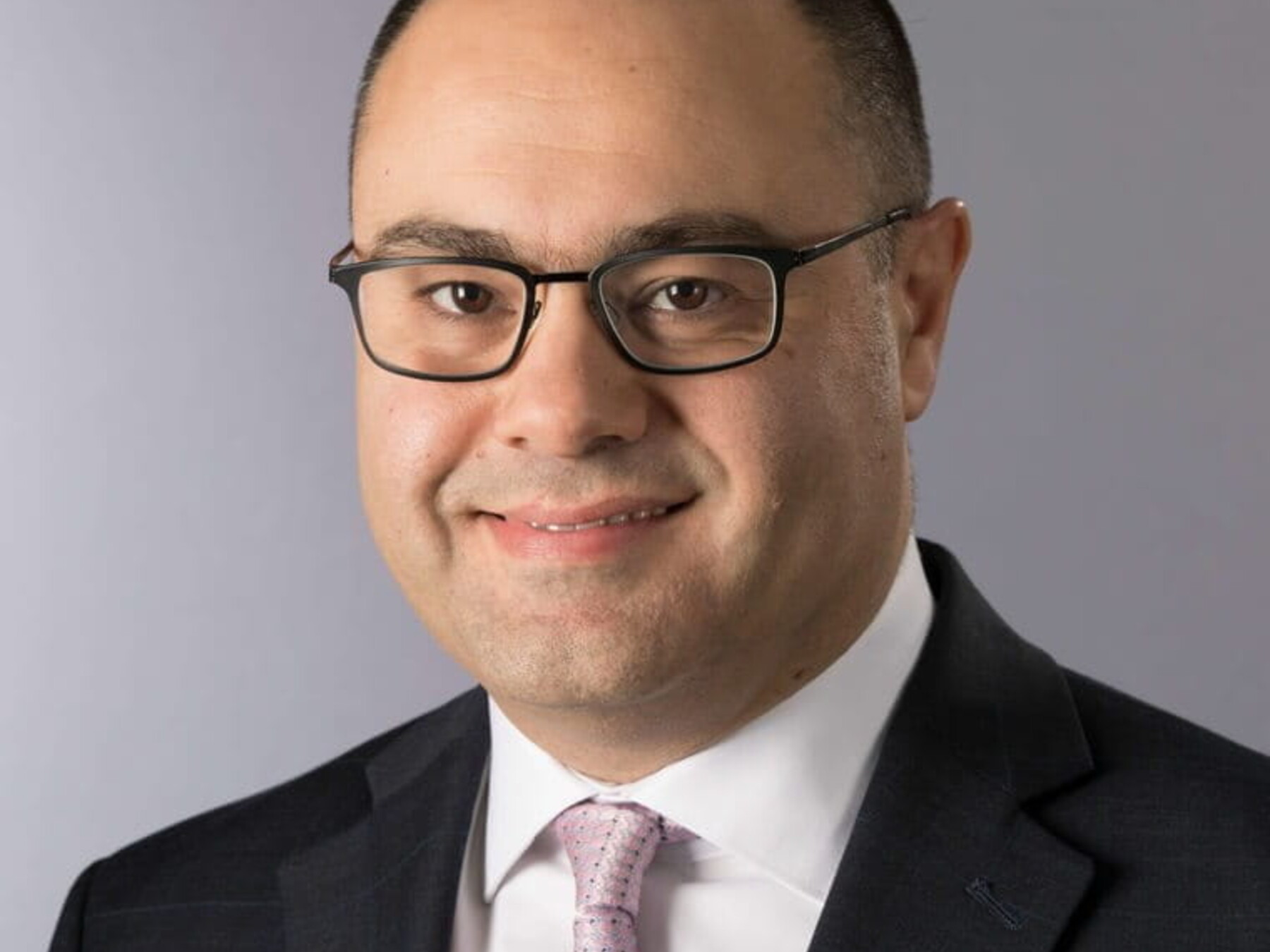September 2020 - September 2024: Reflections on the Past Four Years (Part I)
Spotlight on: Dr. Tarek K. Rajji

As the Toronto Dementia Research Alliance (TDRA) is going through key transitions, we are reflecting on the past four years since Dr. Tarek Rajji took over the leadership role.
Established in 2012, TDRA focuses on promoting partnerships among researchers to bridge basic and clinical research and to make breakthroughs that, when embedded into care, will bring us closer to a future without dementia.
TDRA is all about maximizing impactful collaboration. Under Dr. Rajji’s leadership, two organizations, Ontario Shores Centre for Mental Health Sciences and Unity Health Toronto, (re)joined TDRA. As well, the relationship with the University of Toronto, especially the Tanz Centre for Research in Neurodegenerative Diseases (the Tanz Centre), was strengthened. Optimizing collaboration resulted in more than 20 new projects and more than $21M in external funding to TDRA scientists and initiatives.
Between 2020 and 2023, TDRA activities were organized around three pillars: Dementia Prevention, Standardization of Dementia Care, and Dementia Research Infrastructure. In 2024, a new direction was launched, centred on a TDRA Clinical Table, and towards a re-organization of TDRA activities going forward under the pillars of Care, Education, Research, and Advocacy.
In this first part of a 2-part piece, we will highlight some of the accomplishments of TDRA around the pillars of Dementia Prevention and Dementia Research Infrastructure. In part II, we will focus on Standardization of Dementia Care and the Clinical Table.
Dementia Prevention
Over the past four years, TDRA has worked with the Tanz Centre to develop and roll out the Temerty-Tanz-TDRA initiative, focused on exploring the link between dementia and depression. A key principle in this initiative was to bring together scientists to work together across TDRA sites. To date, this initiative has funded 8 seed funded projects, 19 scientists, 3 fellows, and 1 workshop.
TDRA collaborated with MITO2i to support a fellowship in mitochondrial dysfunction and photomodulation in mild cognitive impairment.
Another multi-site project that was launched thanks to the collaboration within TDRA is Improving Prognostic Confidence in Neurodegenerative Diseases Causing Dementia using Peripheral Biomarkers and Integrative Modeling, which is funded by the Krembil Foundation.
In collaboration with the Tanz Centre and the Department of Physiology at the University of Toronto, TDRA launched a Brain Canada funded bench to first-in-human with integrated knowledge translation project to optimize theta-burst stimulation, for better neuroplasticity effects and, ultimately, better cognitive effects in older adults at risk for dementia.
Dementia Research Infrastructure
For collaboration to be successful, barriers must be minimized. One of the key barriers to cross-institutional work in healthcare, where privacy concerns are paramount, is legal agreements. In 2022, TDRA set up a legal working group, with membership from each TDRA site, enabling joint projects roll out in a timely manner. This framework, which allows regular, free flow of information between legal departments, has saved months and possibly years of time for rollout of TDRA-developed initiatives.
Outreach has been a second area where TDRA has gained significant traction over the past four years. In 2021, the Alzheimer Society of Toronto (AST) and TDRA cemented a strategic relationship focused on providing people in and around Toronto with increased access to dementia research volunteer opportunities. The Toronto Dementia Network (TDN) research page was established, and TDRA added a new research coordinator to the coordinating team, to help link research volunteers to studies through TDN. TDRA and AST augmented this effort by launching a bi-monthly webinar series, Advances in Dementia Research, which they co-host. In June 2024, the 200th person signed up to participate in a study through TDN, with around 30% enrollments to referrals success rate into different research projects.
On the knowledge translation and communications side, TDRA relaunched its website in late 2021, and added regular blogs and other news content features. This was followed up with the launch of a monthly e-newsletter in 2022, through which TDRA profiles individuals, publications and other achievements of TDRA researchers. Today this newsletter reaches close to 1,200 community members monthly. TDRA amplifies these activities through many community partners and an active social media presence.
In this same period TDRA held three cross-institutional highly attended workshops on dementia research. The Temerty-Tanz-TDRA Inaugural Workshop held in November 2022 and attended by >90 people introduced the focus of the initiative, the researchers and preliminary projects. A follow up event, the Temerty-Tanz-TDRA Outcomes Workshop will be held in November 2024. Leveraging the extensive expertise in the Toronto area, the Neuromodulation for Neurocognitive Disorders Workshop held in November 2023 and attended by >90 people, highlighted the many modalities and mechanisms of this promising technology. Finally, TDRA held its first large-scale public event, Brain Health & Dementia, in May 2024, with >100 members of the public in attendance to hear cross-institutional presenters on a range of dementia related topics.
“I’m proud of the many tangible results that we have achieved over the past four years at TDRA and I’m very thankful to all the people who have helped deliver this success along the way,” said Dr. Rajji. “In addition to focusing on increasing collaborations and outreach, we have worked to established many new funding and educational opportunities that are helping turn ideas to results.”
More to come in part two of this two-part series.
